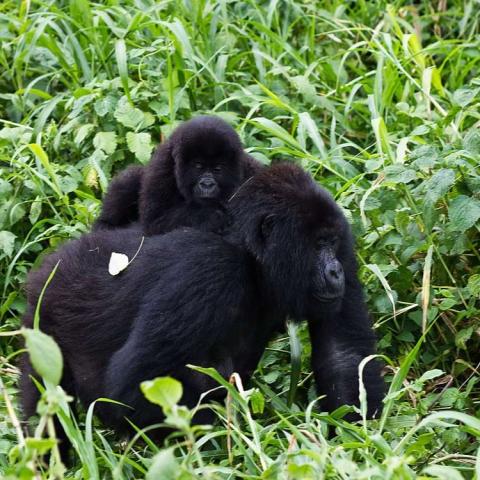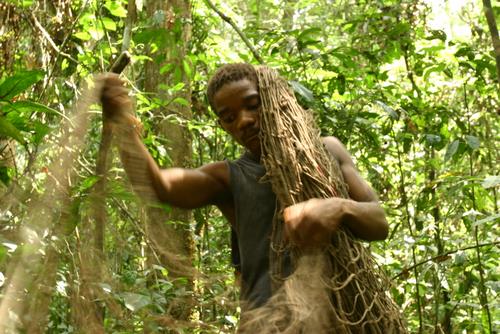Science-Policy-Practice Interface platforms and networks | Course

Developed by CABES, a regional platform in support of IPBES, in collaboration with UNEP-WCMC. Available in English and French. Article updated 19 November 2024.
Developing national Science-Policy-Practice Interface platforms and networks: now available as a self-paced course, free of charge, with a certificate of completion for successful participants.
Acquire the knowledge and practical skills to establish, manage, and sustain National Biodiversity Platforms (NBPs) effectively.
You will learn
- what national biodiversity platforms are.
- how these platforms bridge science, policy, and practice to enhance biodiversity conservation.
- how to leverage these platforms.
- how to effectively address key challenges in your region.
To enrol, you will be asked to open a free user account.
Course features
- Participate free of charge; the course is fully sponsored.
- Complete the course at your convenience with the self-paced format.
- Choose to take the course in English or French.
- Actively participate: enjoy video presentations, case studies, and hands-on exercises.
- Explore all key aspects of NBPs in seven session.
- Achieve a certificate of completion upon finishing the course.
Who is this course for?
This course is designed for any individual involved in or interested in establishing and managing national biodiversity platforms.
Participants may include
- IPBES focal points.
- government officials.
- NGOs.
- academia.
- business.
- Indigenous Peoples.
- local communities.
- those working in biodiversity and sustainable development.
About CABES
Capacity Development for Biodiversity and Ecosystem Services Experts (CABES) aims to facilitate a capacity-building framework across West, Central, and East Africa in support of the Work Programme of the Intergovernmental Platform on Biodiversity and Ecosystem Services (IPBES), particularly in the preparation of IPBES assessments (global, regional and thematic). CABES represents a platform to connect scientists from universities, research institutions, and policymakers in West, Central, and East Africa in the field of biodiversity and ecosystem services, to strengthen the science-policy interface, foster national and regional collaborations, enhance policy coherence and reinforce the expert pool to support and disseminate IPBES assessments.

Top photo by Cai Tjeenk Willink on Wikimedia: Mountain gorillas (Gorilla beringei beringei) in Virunga National Park, DR Congo. Created in 1925, Virunga is the African continent's oldest national park. While the area is most famous for it mountain gorillas, it is home to thousands of plant and animal species, recognised by its UNESCO World Heritage status since 1979. Originally, the park was established as Albert National Park: not just for its wildlife, but also for the indigenous Forest People of Central Africa (otherwise known as Pygmies), in line with Belgian colonial and some early conservationists' ideas. These local peoples' struggles continue. However, the discussion of conservation on indigenous people's lands is changing: find out more about Indigenous and local knowledge in IPBES and its International Indigenous Forum on Biodiversity and Ecosystem Services (IIFBES).
